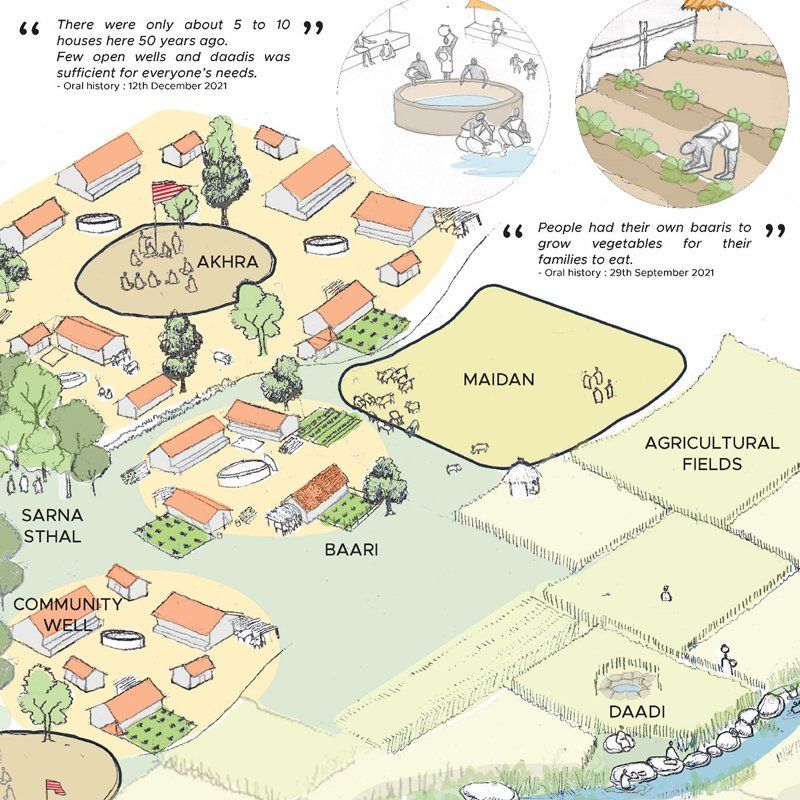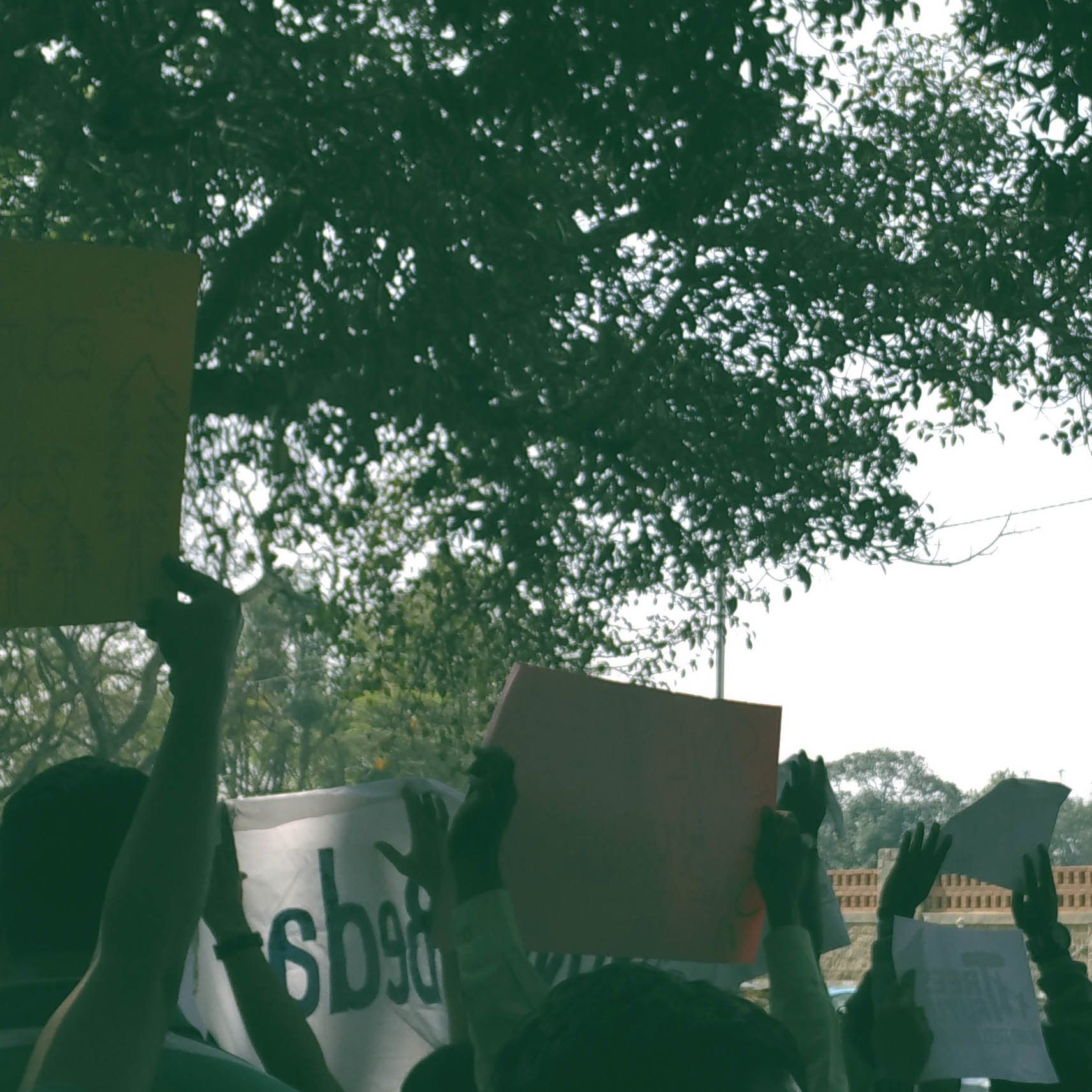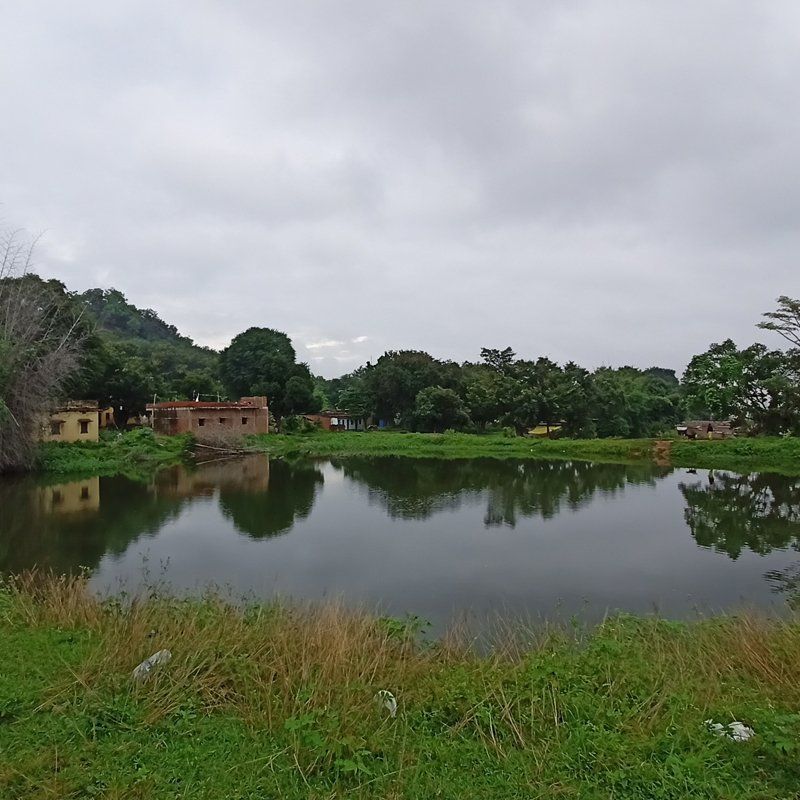Surat Safe Habitat – Planning and Design Competition
Theme II - “Spatial Area planning of low lying area with high flood risk” Integrated Design
While the increasing number and intensity of extreme weather events materialize the critical pace of climate change, the extent of social and spatial impacts prove the extreme vulnerability of cities and their limited capacities to respond to major ecological crisis (Haq et al, 2007). To cope with these threats, cities can no longer be apprehended as merely physical artefacts; dynamic and evolving interactions between urbanism, environment and society should inform a balanced urban development model with capacities to become reversible (Mostafavi). Given the manifestations of urbanisation in the country, innovations to strengthen resilience capacity while mitigating impacts of climate change events need to be established to adequately respond to societal and urban imperatives.
The Indian competition “Surat Safe Habitat ” organised in partnership between the Surat Municipal Corporation (SMC), Gujarat State Disaster Management Authority (GSDMA) and the Asian Cities Climate Change Resilience Network (ACCCRN), is an initiative that aims at stimulating debate and encourage design and planning innovations to address the challenges of urbanisation for natural and industrial risks prone areas.
Surat is located on the bank of the perennial river Tapi and close to the estuary created by the convergence of Tapi river and Arabian sea. Being a tropical coastal city, heavy monsoon rain has regularly brought floods in the river catchment areas. In the last decade, the city has witnessed two major floods, the worst being in 2006, adversely impacting low-lying areas in the city.
1. Creating an ecology for the site
Establishing an inter-related development scheme
Establishing an inter-related development scheme
Performing ecological infrastructure
Materializing site development
2. Re-defining an equitable model for development
References
- Asian Cities Climate Change Resilience Network (ACCCRN) (2009), “Responding to the urban climate challenge”, Eds. ISET, Boulder, Colorado, USA, 60 p.
- Ballaney S (2008), “The Town Planning mechanism in Gujarat, India”, International Bank for Reconstruction and Development, The World Bank, 57p
- Benedict M.A. and Mc Mahon E.T. (2006), “Green infrastructure, linking landscapes and communities”, Washington Island Press,
- Haq S., Kovats S, Reid H. And Satterthwaite D (2007), “Reducing risks to cities from disasters to climate change”, Environment & Urbanization, Vol 19, No1, pp3-15
- Mostafavi M. “Why ecological urbanism ? Why now?” in ‘Ecological Urbanism” edited by Mohsen Mostafavi with Gareth Doherty, Harvard University, Graduate School of Design, pp12-51
- Muller M (2007), “Adapting to climate change: water management for urban resilience”, Environment & Urbanization, Vol19, No1, pp 99-113




